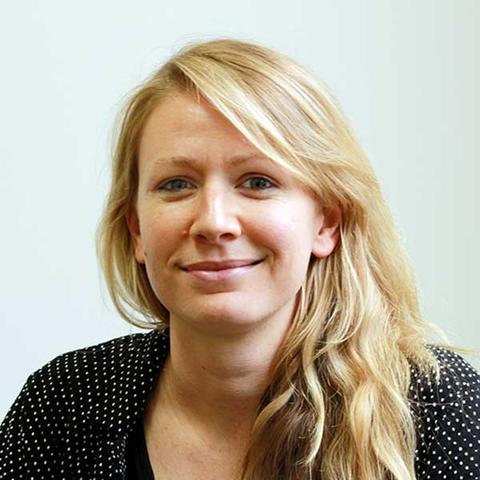
Does being an editor make writing a book easier? Text editor and first-time author Rebecca Starford considers the question.
Each time we get a new book back from the printer, the editors at Text gather around our cluttered table in the editorial grotto for the great unveil.
It’s always a thrilling time, as well as nerve-wracking (I don’t think my heart rate returns to normal until I’ve thoroughly inspected the cover and checked through the pages for any glaring typos). And then I wander back to my office, prop the book up on the edge of my desk, and gaze at it throughout the week, enjoying that warm glow—mostly on behalf of the author, but I keep a small part for me too.
It was much the same when I first held finished copies of my memoir, Bad Behaviour, which was published earlier this month. And though I work in the industry, and have edited dozens of titles, that joy of the book emerging from the polystyrene puffs and seeing my name on the cover for the first time was one of the most special moments of my life.
Now that the book has been out for a few weeks, I’ve had time to reflect on the processes that brought it into being. ‘Working as an editor must have helped a lot when you were writing your book?’ is the question I am most often asked.
And it did help in many respects—especially when it came to redrafting the manuscript. In all, I would have drafted Bad Behaviour about thirty times. Some chapters I would have drafted more—probably closer to sixty. That is a lot of reading, a lot of shaking the head out to get fresh perspective on those troublesome passages—and lots of testing of the boredom threshold.
Being an editor means you build a great resistance to boredom. And by this I do not mean we are bored by our authors’ work—on the contrary, we strive to approach each redraft as if it was with fresh eyes each time; to appraise it again as both a reader and an editor.
But interestingly what I hadn’t anticipated was how much writing the book would change my approach to editing. Perhaps not in the technical aspects (though I have borrowed a few turns of phrase from my wonderful editor, as well as the concise acronym ‘NQR’ for ‘not quite right’), but in the way I can more easily empathise with the varying stages of working editorially, and how truly challenging—often at unexpected times—these moments can be for authors.
I was very lucky to work with a wonderful publisher and editor at Allen & Unwin, but I did still share all the nerves and anxieties I know other debut writers experience. I found myself feeling quite up and down about the book’s content. What if no one wants to read it? I found myself panicking from time to time. What if people think I’m a horrible person? What if I am giving up too much of myself?
I soon realised how easy it was to fall into a self-doubt hole. Writing a book can lead you to a vulnerable and exposed place. But having a supportive network around you, and having a strong relationship with your publisher and particularly your editor, takes away great portions of that worry and in its place profound trust and respect is built, which is truly special for both an editor and author.


